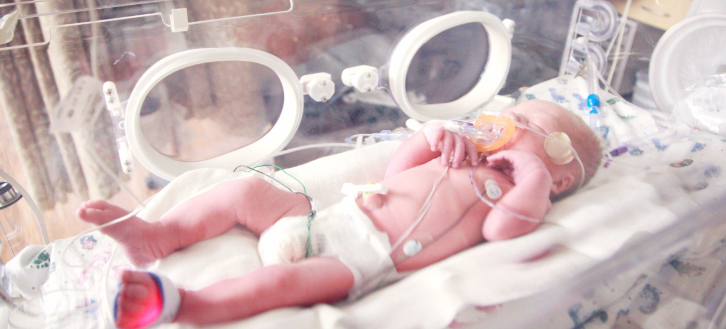MONDAY, June 3, 2024 (HealthDay News) — For patients with hereditary angioedema, donidalorsen reduces the attack rate, according to a study published online May 31 in the New England Journal of Medicine to coincide with the annual congress of the European Academy of Allergy and Clinical Immunology, held from May 31 to June 3 in Valencia, Spain.
Marc A. Riedl, M.D., from the University of California at San Diego in La Jolla, and colleagues conducted a phase 3, double-blind, randomized trial involving patients with hereditary angioedema. Participants were assigned to donidalorsen every four weeks, donidalorsen every eight weeks, and placebo (45, 23, and 22 patients, respectively).
The researchers found that the least-squares mean time-normalized attack rate was 0.44, 1.02, and 2.26 in the four-week group, the eight-week group, and the placebo group, respectively. From week 1 to 25, the mean attack rate was 81 and 55 percent lower in the four- and eight-week groups, respectively, than in the placebo group; the median reduction in the attack rate from baseline was 90, 83, and 16 percent in the four-week, eight-week, and placebo groups, respectively. During weeks 5 to 25, the mean attack rate was 87 and 60 percent lower in the four- and eight-week groups, respectively, than in the placebo group. An improvement of 18.6 points was seen in the least-squares mean total score for the change at week 25 on the Angioedema Quality-of-Life Questionnaire with administration of donidalorsen every four weeks.
“Collectively, the results from the OASIS-HAE trial support the use of donidalorsen as a possible prophylactic treatment for hereditary angioedema,” the authors write.
Several authors disclosed ties to pharmaceutical companies, including Ionis, which manufactures donidalorsen and funded the study.
Abstract/Full Text (subscription or payment may be required)
Editorial (subscription or payment may be required)
Copyright © 2024 HealthDay. All rights reserved.

















Create Post
Twitter/X Preview
Logout